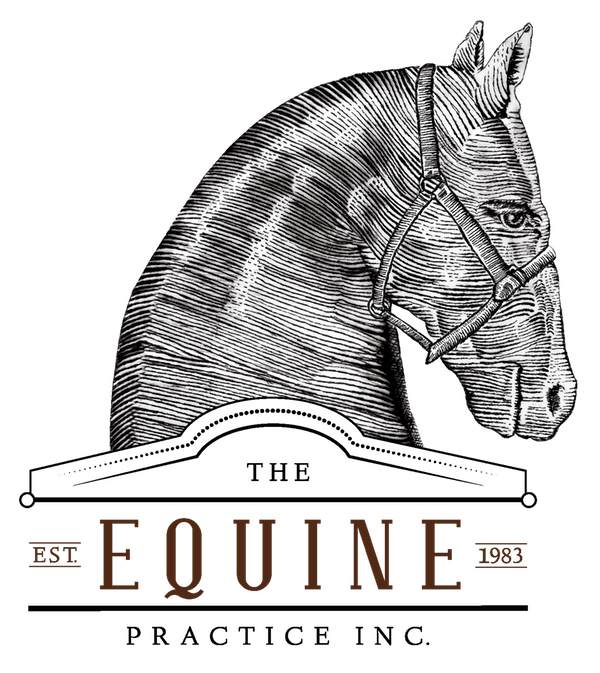Prevention Is Better Than Fixing In Older Horses
Some dental issues are unique to horses 20 to 25 years old and older. Most could be avoided by starting a dental care program early in life. Often, management changes are required to maintain their weight. In very old horses that have not received dental care in the past, the floating process causes some to have difficulty chewing hay after floating, forming “quids” or balls of hay they spit onto the ground. This is similar to us trying to walk after having pebbles removed from our shoes that have been there for years. I call this “losing their points of reference.” Care must be taken to be conservative and perform several light floats to get their teeth back into shape.
Another old-horse issue in those who have little dental care in their lives is loose teeth. They wiggle in the socket when the float is passed over the teeth. It’s not painful but leads to gum disease and premature tooth loss. But a month or two after the sharp edges have been removed, the tongue pressure on the teeth causes them to resist it by strengthening the dental attachments. Floating again a few months later, you will find the teeth solid in their sockets.
